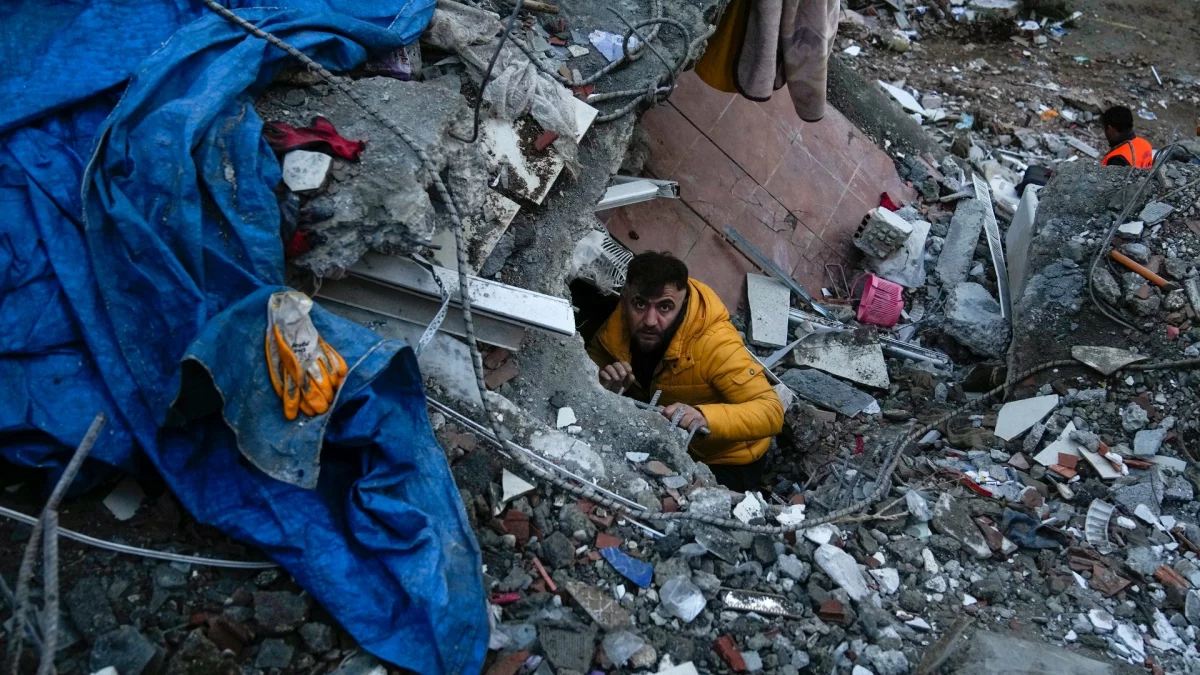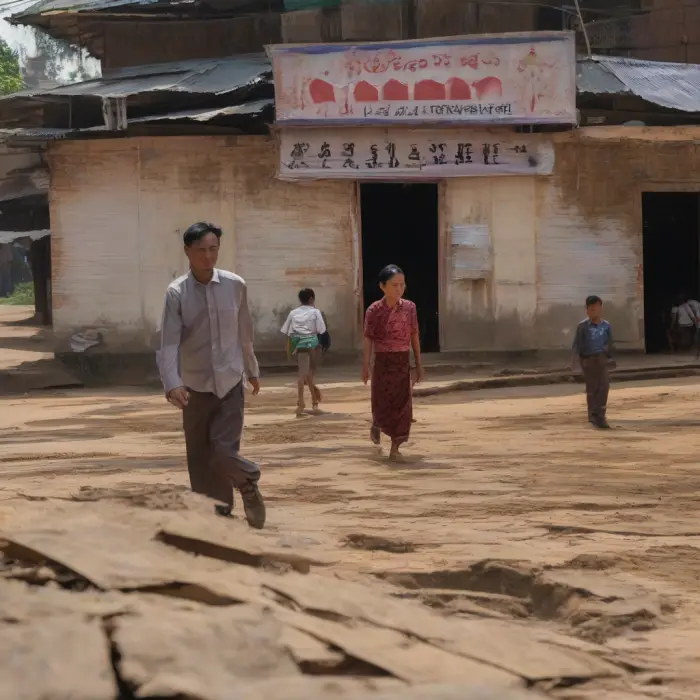Unraveling the Complex Threads: The Ongoing Syrian Civil War
The Syrian civil war, a devastating conflict that has been raging since 2011, represents one of the most complex geopolitical issues of the 21st century. It began as a protest against the ruling Assad regime and escalated into a full-blown war that engaged various international actors, each pursuing their own agenda. This conflict is not only a national crisis, but it has also spilled over the borders affecting regional stability and global politics.
Origins of the Syrian Civil War
The seeds for the Syrian Civil War were planted during the Arab Spring, a series of anti-government protests, uprisings, and armed rebellions that spread across much of the Arab world in the early 2010s. In Syria, these protests initially demanded democratic reforms, the release of political prisoners, an increase in freedoms, abolition of the emergency law, and an end to corruption. The government's aggressive crackdown on protests, involving the brutal use of force, gradually escalated into a war.
The Geopolitical Complications
The Syrian civil war quickly sucked in numerous regional and global powers, each aiming to protect their own interests. The Assad regime is backed by Iran and Russia, while oppositional factions received support from countries such as the United States, Turkey, and Saudi Arabia. The war became a proxy battleground, where different states aimed to assert their influence.
The Rise of the Islamic State (IS)
The chaos and power vacuums resulting from the civil war led to the rise of extremist groups. The most formidable among these is the Islamic State, which at the height of its power, controlled vast territories in both Iraq and Syria. The Western coalition, led by the U.S, became involved in the conflict with the primary aim of defeating the Islamic State.
The Humanitarian Crisis
The Syrian civil war has created one of the world's worst humanitarian crises. It is estimated that hundreds of thousands have been killed, and millions have been displaced within Syria and beyond it. Entire cities and infrastructure have been destroyed, and countless people need urgent aid.
The Current Situation
Despite several attempts at ceasefires and negotiations, the war continues with the Assad regime now controlling most of the country. The future outcome is still uncertain with major reconstruction needed and geopolitical tensions continuing to exist.
Conclusion
The Syrian Civil War is a testament to the tragic human costs of geopolitical conflict. It encapsulates the struggle for power, influence, and control that exists in the modern-day world. To completely understand the complexity and dimensions of this conflict requires thoughtful and profound exploration.










